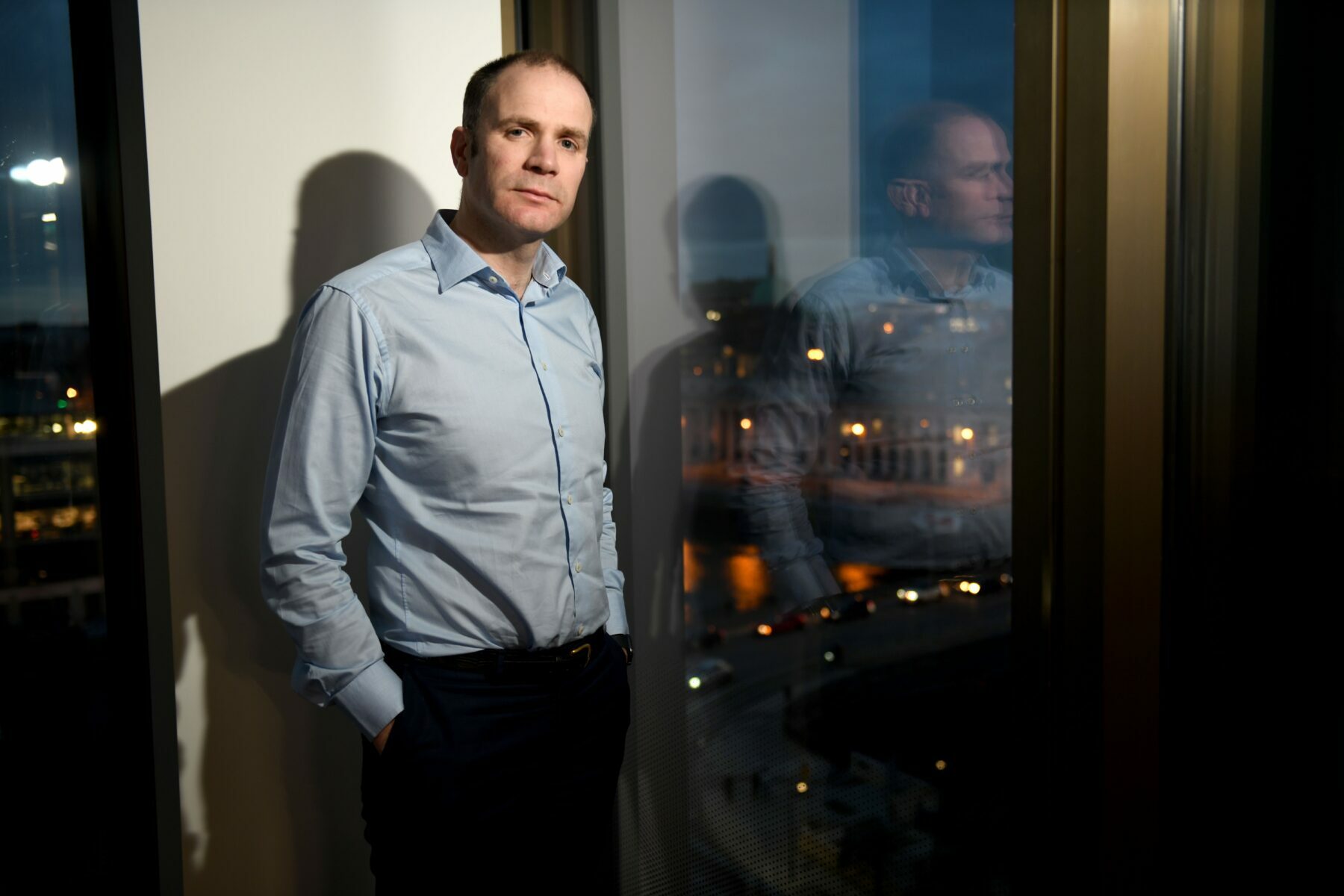Ireland has done well by hooking itself up to the rest of the world. It brought the country up to speed with the rest of Europe. The obvious example is foreign direct investment. But FDI wasn’t the beginning and end of it. FDI chose Ireland, in part, because it was already quite outward-looking. Ireland spoke English, which made it easier to keep up to date with the latest ideas. Its diaspora kept us connected to the rest of the North Atlantic economy. And Ireland was an EU member. Today, lots of global companies have important outposts in Ireland. But those…
Cancel at any time. Are you already a member? Log in here.
Want to read the full story?
Unlock this article – and everything else on The Currency – with an annual membership and receive a free Samsonite Upscape suitcase, retailing at €235, delivered to your door.

